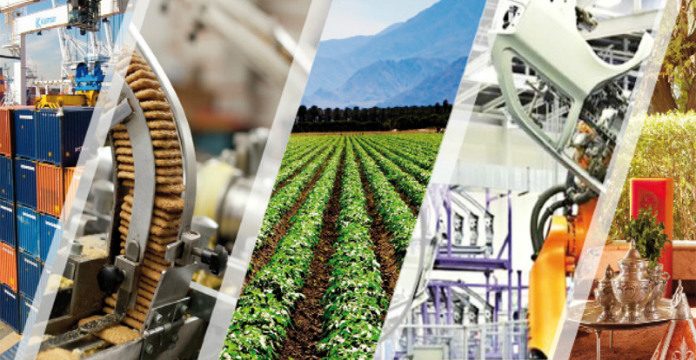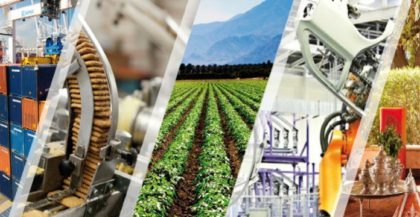
US State Department Hails Morocco’s Political Stability & Attractive Business Climate
 Morocco enjoys political stability, robust infrastructure, and a strategic location, which have contributed to its emergence as a regional manufacturing and export base for international companies, says the State Department in its 2019 Climate Investment Statements.
Morocco enjoys political stability, robust infrastructure, and a strategic location, which have contributed to its emergence as a regional manufacturing and export base for international companies, says the State Department in its 2019 Climate Investment Statements.
Morocco is actively encouraging and facilitating foreign investment, particularly in export sectors like manufacturing, through macro-economic policies, trade liberalization, investment incentives, and structural reforms, adds the US report made public earlier this month.
The document highlights the steps taken by the Moroccan government to make it easier to do business, expand openness to investment, improve transparency and help new businesses open.
However, despite the significant improvements in its business environment and infrastructure, some challenges remain, says the report.
Regarding the Kingdom’s regional role, the report underlines that Morocco’s overarching economic development plan seeks to transform the country into a regional business hub by leveraging its unique status as a multilingual, cosmopolitan nation situated at the tri-regional focal point of Sub-Saharan Africa, the Middle East, and Europe.
In recent years, this strategy increasingly influenced Morocco’s relationship and role on the African continent. The Moroccan Govt has implemented a series of strategies aimed at boosting employment, attracting foreign investment, and raising performance and output in key revenue-earning sectors, such as the automotive and aerospace industries, stresses the State department in its analysis of the Moroccan economy.
It says that Morocco attracts the fifth-most foreign direct investment (FDI) in Africa, a figure that increased 23 percent in 2017. As part of a government-wide strategy to strengthen its position as an African financial hub, the North African Kingdom offers incentives for firms that locate their regional headquarters at the Casablanca Finance City (CFC), Morocco’s flagship financial and business hub launched in 2010.
The 2019 US investment climate statement says Morocco has a well-developed banking sector, where penetration is rising rapidly. The country also has some of Africa’s largest banks, and several are major players on the continent and continue to expand their footprint. The sector has several large, homegrown institutions with international footprints, as well as several subsidiaries of foreign banks.
The State Department report recalls Morocco’s return to the African Union in January 2017 and the launch of the African Continental Free Trade Area (CFTA) in March 2018, saying this offers the Kingdom further opportunities to promote foreign investment and trade and accelerate economic development.
In late 2018, Morocco’s long-anticipated high-speed train began service connecting Casablanca, Rabat, and the port city of Tangier.
Morocco has ratified 69 bilateral investment treaties for the promotion and protection of investments and 60 economic agreements – including with the United States and most EU nations – that aim to eliminate the double taxation of income or gains. Morocco’s Free Trade Agreement (FTA) with the United States entered into force in 2006, eliminating tariffs on more than 95 percent of qualifying consumer and industrial goods.
Since the US-Morocco FTA came into effect, overall annual bilateral trade has increased by more than 250 percent, making the United States Morocco’s fourth largest trading partner. The US is the second largest foreign investor in Morocco and the American and Moroccan governments work closely to increase trade and investment through high-level consultations, bilateral dialogue, and the annual US-Morocco Trade and Investment Forum, which provides a platform to strengthen business-to-business ties.
